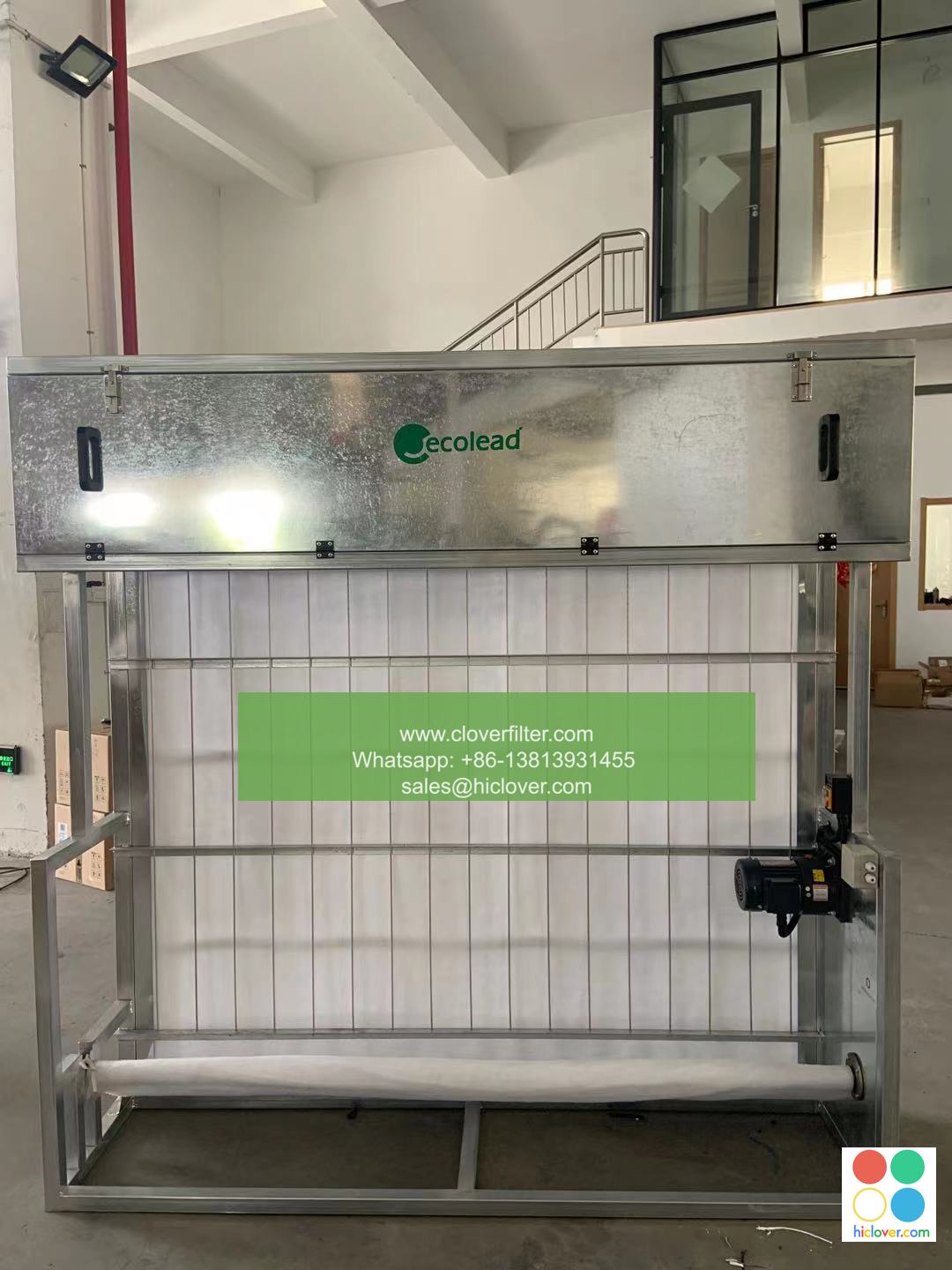The Importance of Using High-Quality Pre-Filters in Your Dust Collector

The Importance of Using High-Quality Pre-Filters in Your Dust Collector
In today’s industrial and manufacturing settings, dust collectors play a crucial role in ensuring a healthy and safe work environment. Properly functioning dust collectors help to remove dust, fumes, and other particles from the air, preventing them from spreading to other parts of the facility and causing harm to employees. One of the most important components of a dust collector is the pre-filter, which acts as the first line of defense against airborne contaminants. In this article, we’ll explore the importance of using high-quality pre-filters in your dust collector and highlight various application areas where they are particularly crucial.
The Role of Pre-Filters in Dust Collectors
Pre-filters are designed to capture larger particles, such as dust, dirt, and debris, before they can enter the main filter or other components of the dust collector. They are typically made of a dense, porous material that traps particles as small as 10-20 microns in diameter. In contrast, the main filter in a dust collector is designed to capture finer particles, typically down to 1-5 microns in diameter.
Benefits of Using High-Quality Pre-Filters
Using high-quality pre-filters in your dust collector offers several benefits, including:
- Improved Air Quality: High-quality pre-filters can capture even the smallest particles, ensuring that the air leaving the dust collector is cleaner and safer for employees to breathe.
- Extended Filter Life: By trapping larger particles, pre-filters can help extend the life of the main filter by reducing the amount of work it has to do to capture smaller particles.
- Reduced Maintenance: Pre-filters are relatively simple to clean and replace, making them a cost-effective solution for maintaining your dust collector.
- Compliance with OSHA Regulations: High-quality pre-filters can help you comply with Occupational Safety and Health Administration (OSHA) regulations, which require employers to provide a safe and healthy work environment.
- Metal Processing: Pre-filters are crucial in metal processing facilities, where particles can be generated through cutting, grinding, and other processes.
- Woodworking: Woodworking facilities, such as sawmills and wood shops, generate significant amounts of dust, making pre-filters essential for maintaining good air quality.
- Food Processing: Food processing facilities, such as bakeries and food processing plants, require high-quality pre-filters to capture particles that can contaminate food products.
- Pharmaceutical Manufacturing: Pharmaceutical manufacturing facilities rely on pre-filters to capture tiny particles that can compromise the quality of medications.
- Particle Size Capture: Choose a pre-filter that can capture particles as small as 10-20 microns in diameter to ensure effective air cleaning.
- Filter Material: Select a pre-filter made from a dense, porous material that can withstand the demands of your application.
- Filter Size: Choose a pre-filter that is the right size for your dust collector to ensure maximum effectiveness.
- Maintenance Requirements: Select a pre-filter that is easy to clean and replace to minimize downtime and maintenance costs.
Application Areas Where Pre-Filters are Particularly Important
Pre-filters are essential in various application areas, including:
Tips for Selecting the Right Pre-Filter for Your Needs
When selecting a pre-filter for your dust collector, consider the following factors:
In conclusion, high-quality pre-filters play a vital role in ensuring the effective operation of your dust collector. By choosing the right pre-filter for your needs, you can ensure improved air quality, extended filter life, reduced maintenance, and compliance with OSHA regulations. Whether you’re in metal processing, woodworking, food processing, or pharmaceutical manufacturing, a high-quality pre-filter is an essential investment in your facility’s safety and productivity.
I’m ready! What would you like to talk about or generate?


